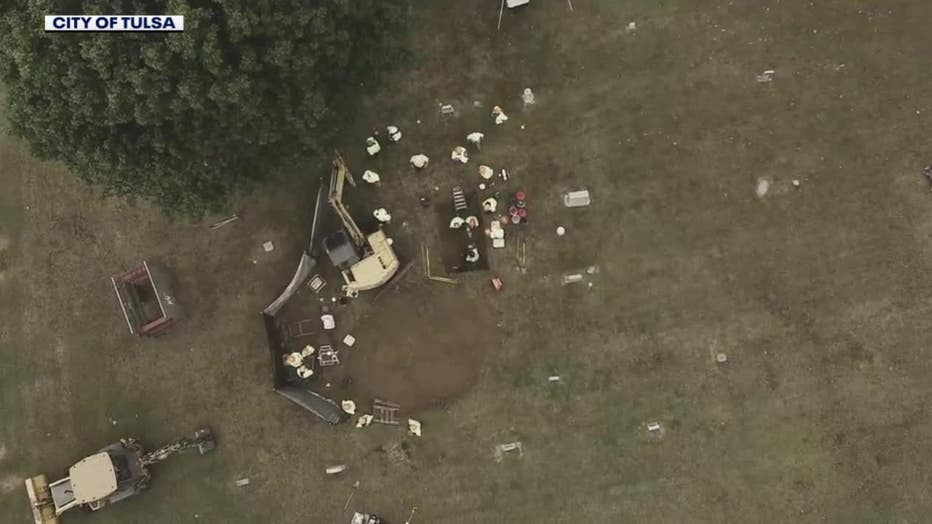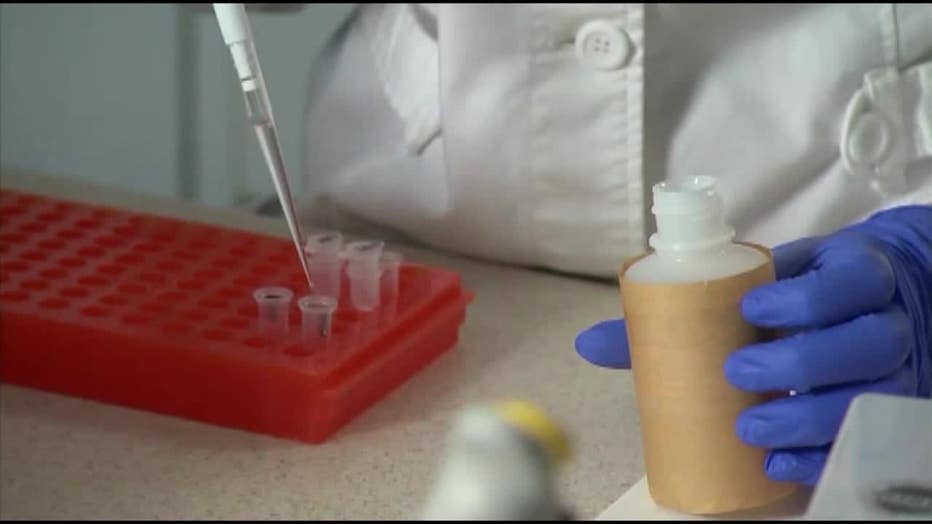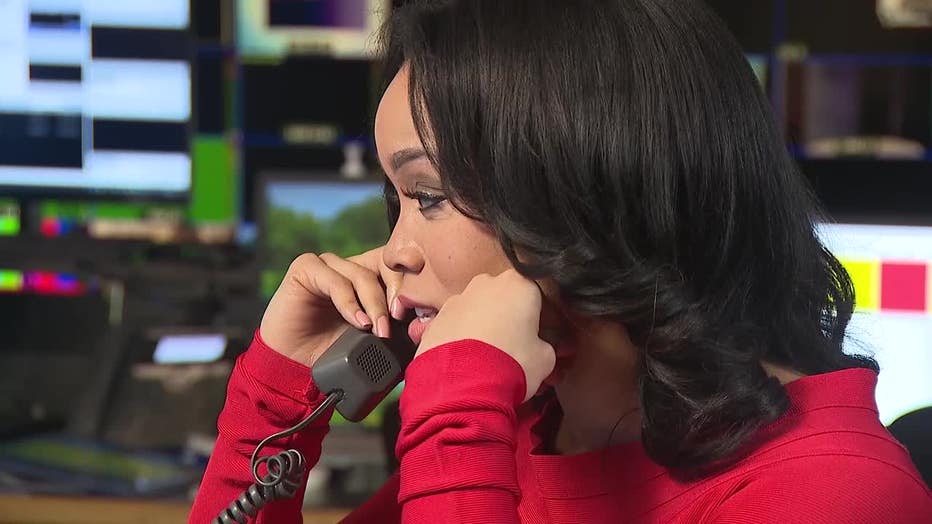Tulsa Race Massacre: How Atlantans can help victims finally rest in peace

Tulsa Race Massacre ties to Atlanta
A DNA project is tracking the victims of the Tulsa Race Massacre to survivors who moved to Atlanta.
ATLANTA - More than 100 years ago, a thriving black community was burned to the ground. Scores of people were never heard from again.
Surviving families moved on and settled in other areas, including Atlanta and North Georgia. Today, Tulsa city leaders are trying to give nameless race massacre victims a proper burial. They have strong reason to believe people from Atlanta, Coweta and Troup counties with the last names "Bohannon," "Meriwether," "Daniel" and "Vaughn" could help give those victims true rest.
There is no way to "right" history's "wrongs," but Tulsa Mayor G.T. Bynum says it's never too late to do the right thing.
He says his city's DNA project is proof.
"It's an opportunity for families to finally know what happened to relatives," he said.
On May 31, 1921 in Tulsa, Oklahoma, a white mob attacked Greenwood – a financially booming and majority Black neighborhood.
"For almost 100 years, there was almost no search for victims. What we’ve been doing over [the] past five years I've been in office is empowering a group of scientists to search several locations where oral history and historic evidence points to potential victims from the massacre," Mayor Bynum said. "[Forensic scientists] don’t believe this has ever been done in human history."
DNA from those burial sites could link people with specific surnames in Georgia to their unknown pasts and a victim's long-lost identity.

(Credit: City of Tulsa)
"We need people to submit DNA to hopefully identify the real identities of remains that have been found," Bynum said.
Tulsa's team has done half the work, finding surnames that might live in the Coweta, Troup and Atlanta areas. Again, they are:
- Meriwether
- Bohannon
- Daniel
- Vaughn
According to Alison Wade, the genealogist with the Tulsa DNA project, those with the last name "Vaughn" won't have the same surname as a potential massacre victim, but their grandparents or parents might.
She says the next intimate task is getting people with those surnames from the Metro Atlanta area to submit DNA.

The Tulsa project will provide a free DNA test to anyone matching that criteria with those last names. And if you have one of them but have already taken a DNA test like 23 and Me, or Ancestry.com, you can help the cause, too.
"They can use an existing DNA test and compare it to our project and others," Wilde said. "All they need to do is download data from their testing company and upload to Gedmatch. It'll automatically be compared."

FOX 5 Atlanta's Alex Whittler tried calling around looking for Georgia residents who may have ties to Black Wall Street and the 1921 Tulsa Race Massacre.
FOX 5 Atlanta reporter Alex Whittler scoured the web and white pages for potential links and found possible matches, but most were hesitant to go through such a personal journey on camera.
Tulsa1921dna.org can help ease concerns. If you have even the slightest inkling, you could be a descendant or distant relative, Tulsa's team wants to hear from you. You can reach out to them directly at that link, or send Alex Whittler an email or a direct message on social media. You never know what long-lost truths you can help uncover.
Atlanta also had a race massacre in the early 1900s. Mayor Bynum says he hopes this initiative inspires other cities to take up similar projects.

